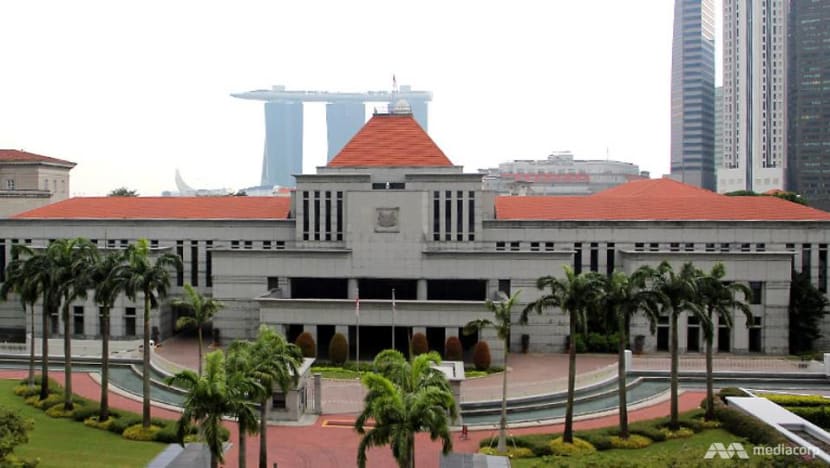Amendments to Public Utilities, Sewerage & Drainage Bills passed
Amendments to the Public Utilities, as well as the Sewerage and Drainage Bills were passed in Parliament on Monday.

Singapore's Parliament House. (Photo: Hester Tan)
SINGAPORE : Amendments to the Public Utilities, as well as the Sewerage and Drainage Bills were passed in Parliament on Monday.
The Public Utilities Act was last amended in 2001, and the Sewerage and Drainage Act, in 1999.
The latest amendments are expected to put in place safeguards to allow the expansion of Singapore's local water catchments, and to protect the production of NEWater.
They include higher penalties for damages to water infrastructure like water mains and sewers, to be commensurate with the severity of the damage.
Anyone intending to do any excavation, piling or similar works will have to make clear the extent of such site investigations, and carry out trial trenches to physically ascertain the location of any water mains or sewers to avoid damaging them.
There will also be higher penalties for offences related to the discharge of chemical substances, or silt.
With the amendments, adequate silt control measures must be installed at work sites before any work takes place.
To minimise the risk of used water pollution, PUB will also be taking over the operations, maintenance and repair of all privately-owned sewage treatment plants from June 2012.
The Sanitary Appliance Fee and Waterborne Fee, which fund public sewers, will also be reflected as tax.
Environment and Water Resources Minister, Dr Vivian Balakrishnan, said: "The proposed amendments to the Public Utilities Act will more properly reflect these charges as a tax contribution to our national used water system, which is an essential part of securing our national water supply. In this regard, past impositions of the Waterborne Fee are also validated as impositions of a tax.
"Speeches made in this House at the time when the Waterborne Fee was introduced show the government's intention had always been that the Waterborne Fee was to be in the nature of a tax, and this is now being put beyond any doubt. However, let me assure the House that this is not a change in the current rates or the structure of our water charges."










